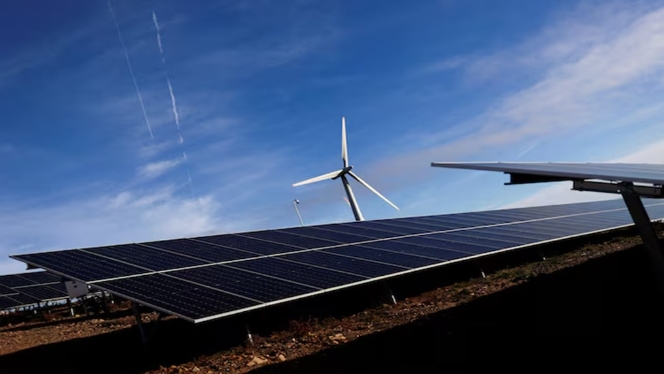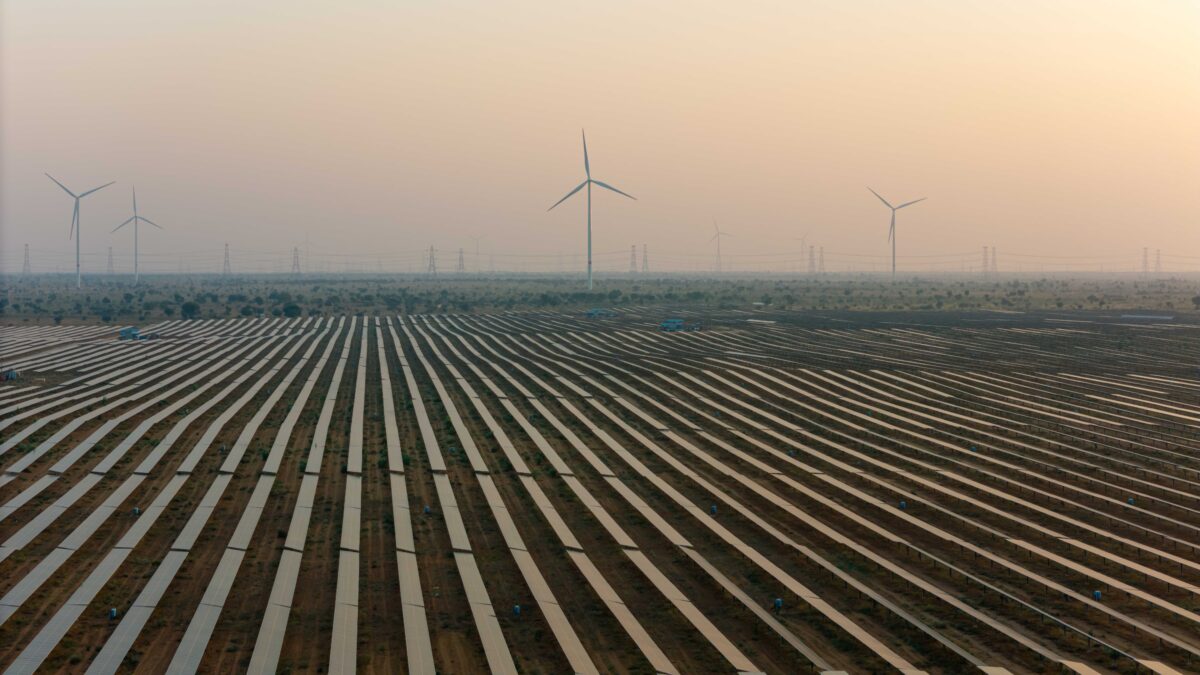Today the UN Environment Programme (UNEP) will publish a new report on the gap between the climate change goals in the 2015 Paris Agreement and the reality of what countries plan to do. For the last several years, they have produced these ‘Emissions Gap’ reports ahead of the annual United Nations climate conference. They are pretty grim reading.
This month they also produced a new report looking at the conflict between plans to extract coal, gas and oil and trying to meet those climate targets. This concludes that, by 2030, the world’s fossil fuel nations are planning to extract more than double the amount that can be burnt if we are to keep below the Paris Agreement’s goal of 1.5C of planetary warming.
The report is also pretty damning of the technical and economic feasibility of proposed technological fixes that might decarbonise fossil fuels or take carbon dioxide back out of the atmosphere after it has been emitted. Despite these techniques being widely expected to work in the modelling that says we will ‘only’ end up at a catastrophic 4C of warming.
Most countries with fossil fuels are planning to expand production, not reduce it, but there are some interesting commitments: Germany and Spain are phasing out coal production and Belize, Costa Rica, Denmark, France and New Zealand have all committed to partial or total bans on oil and gas extraction and exploration.
Closer to home, Wales has effectively banned any fossil fuel extraction and Ireland has banned any further exploration for fossil fuels and is phasing out its peat-fired power stations.






